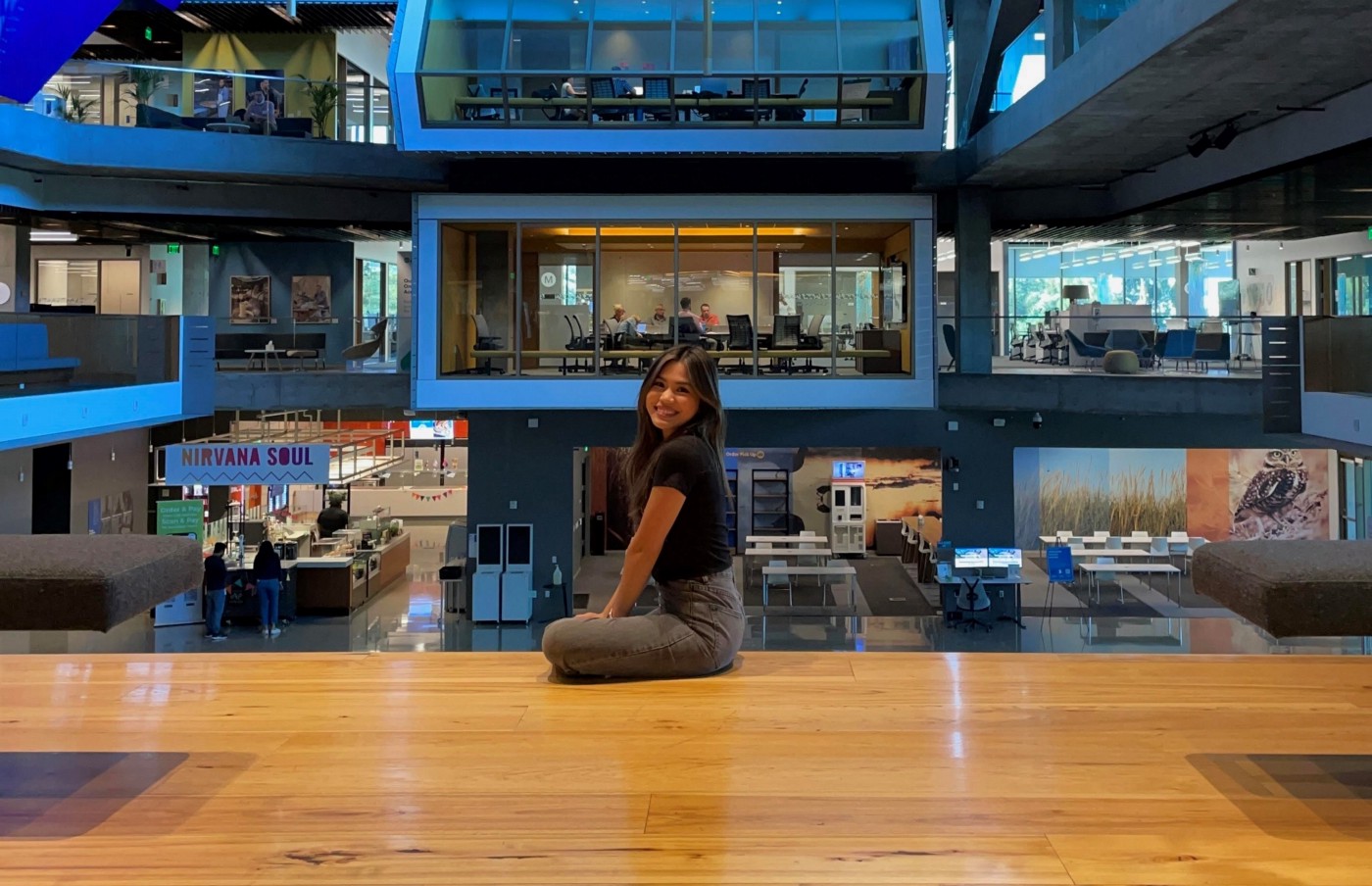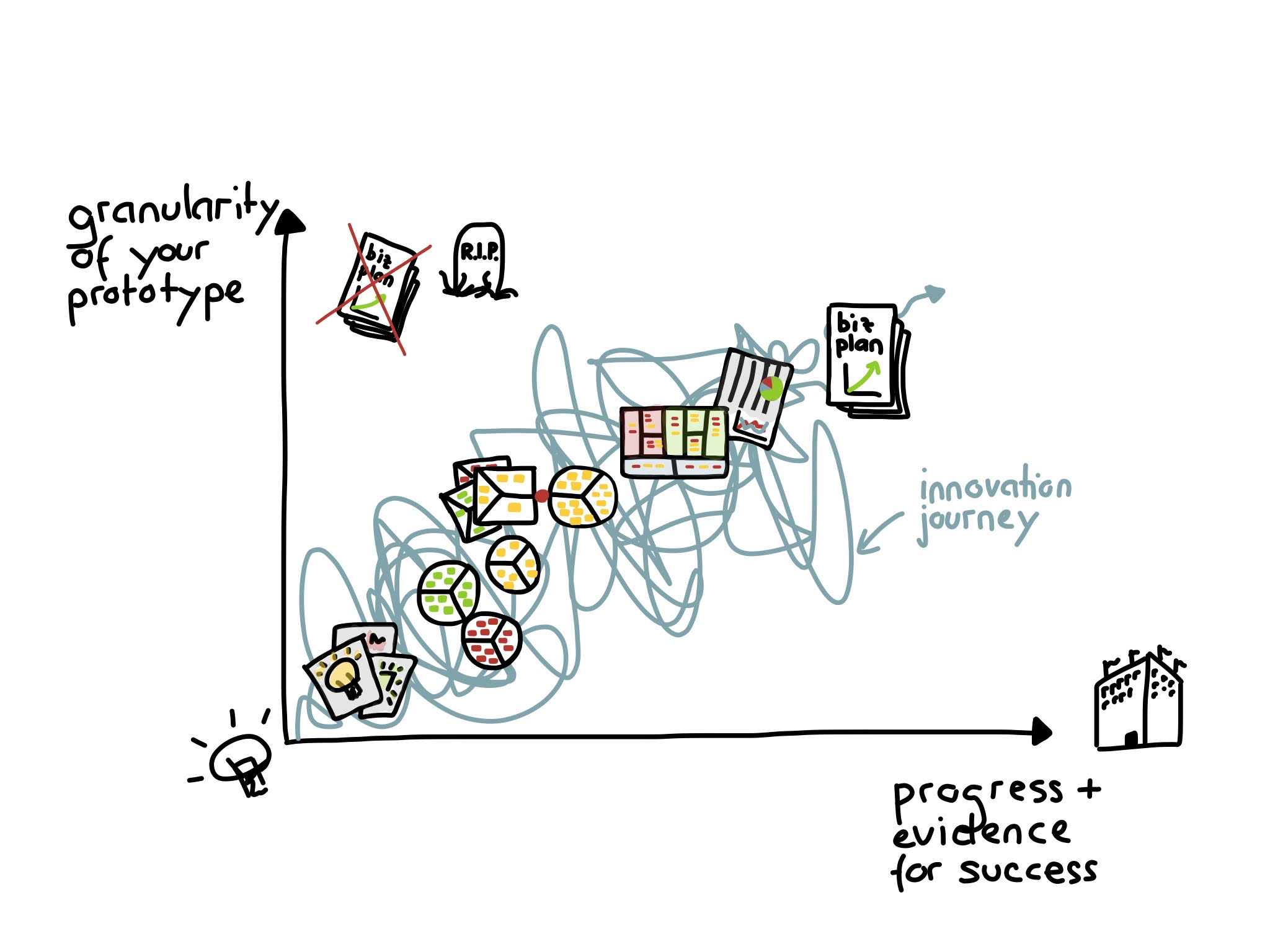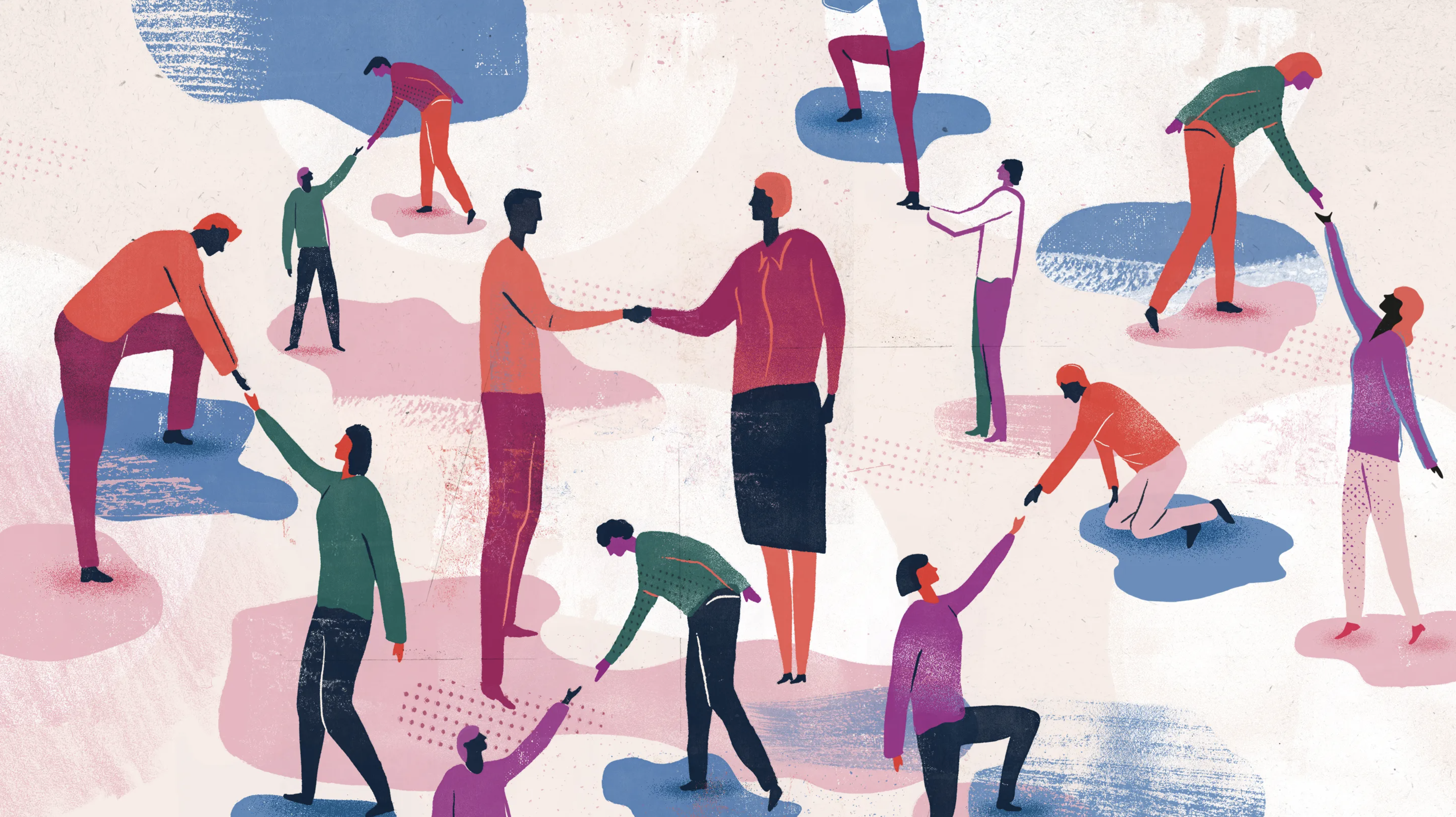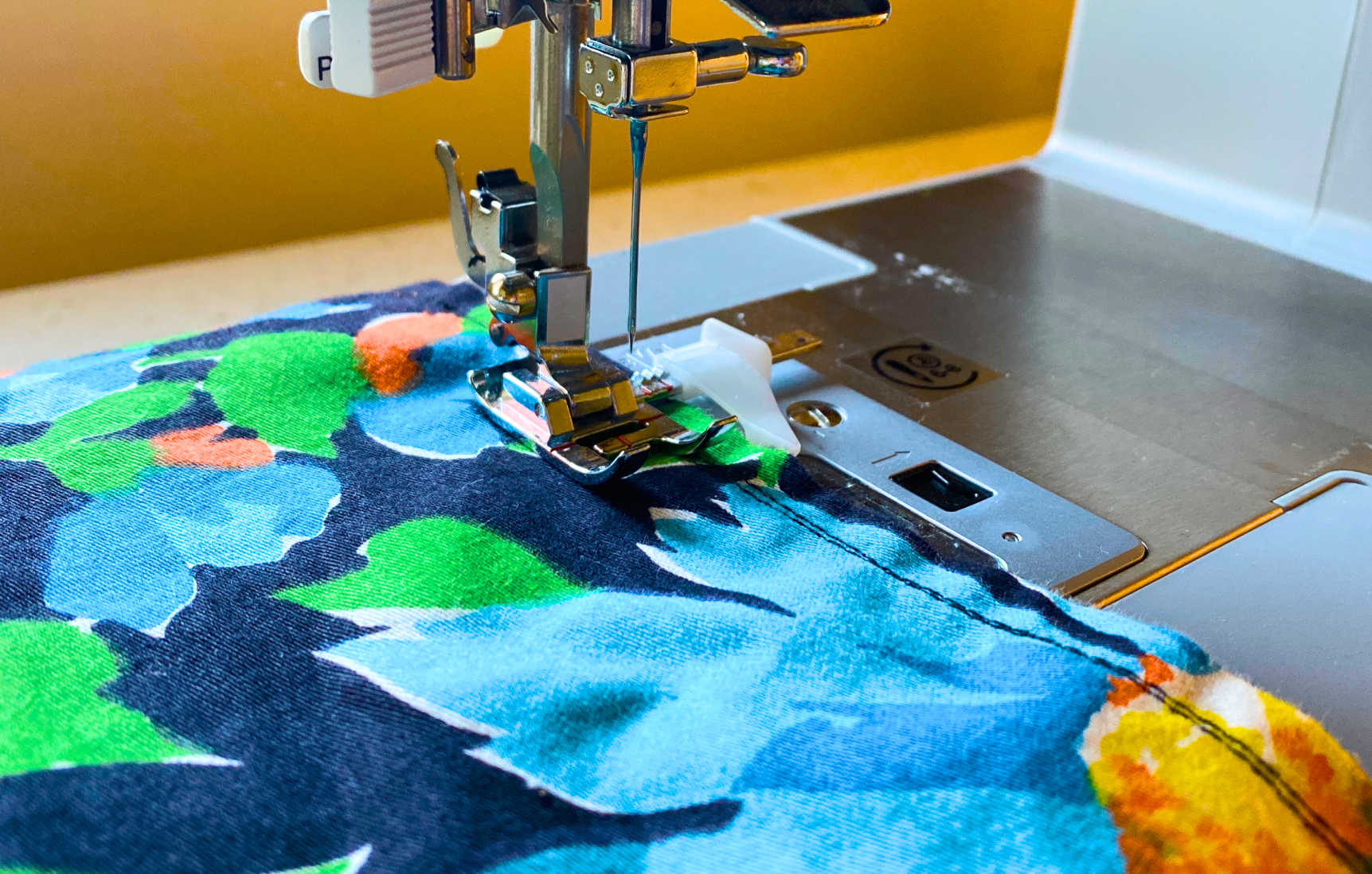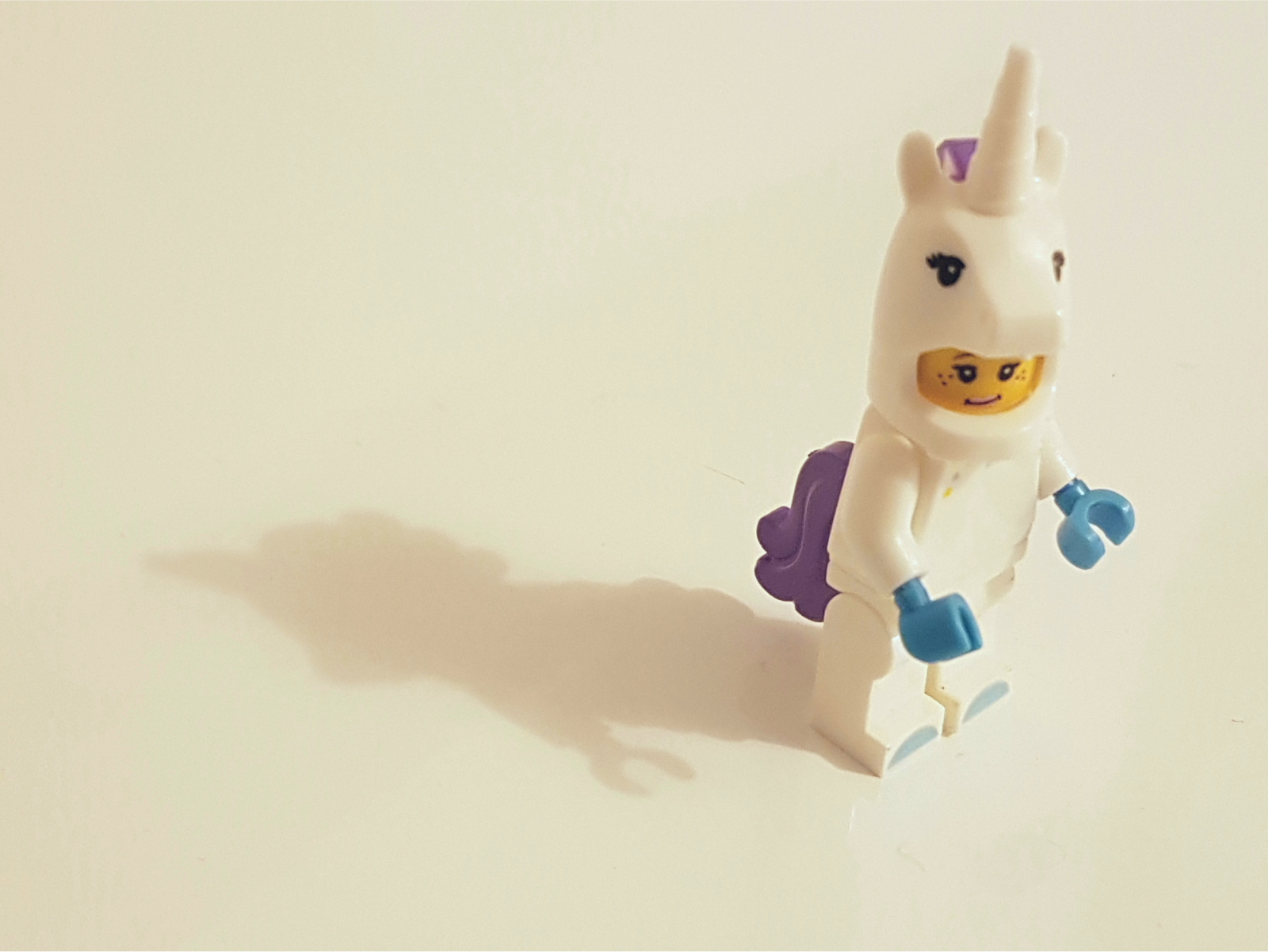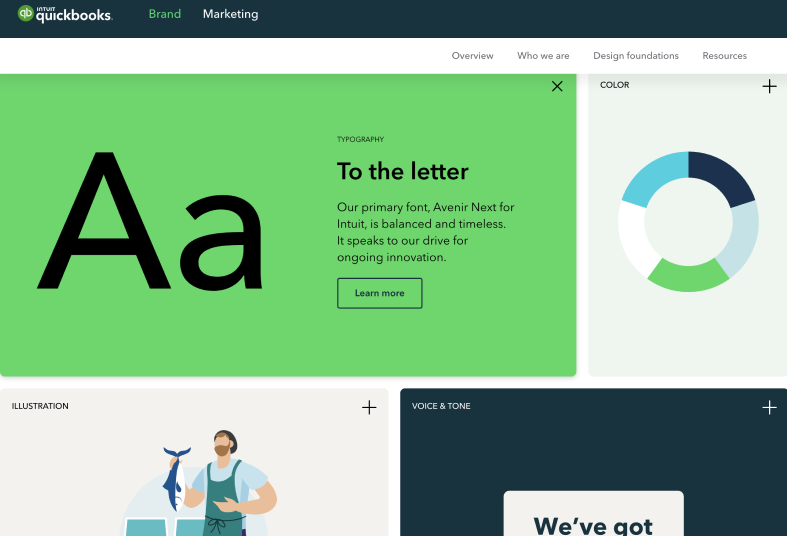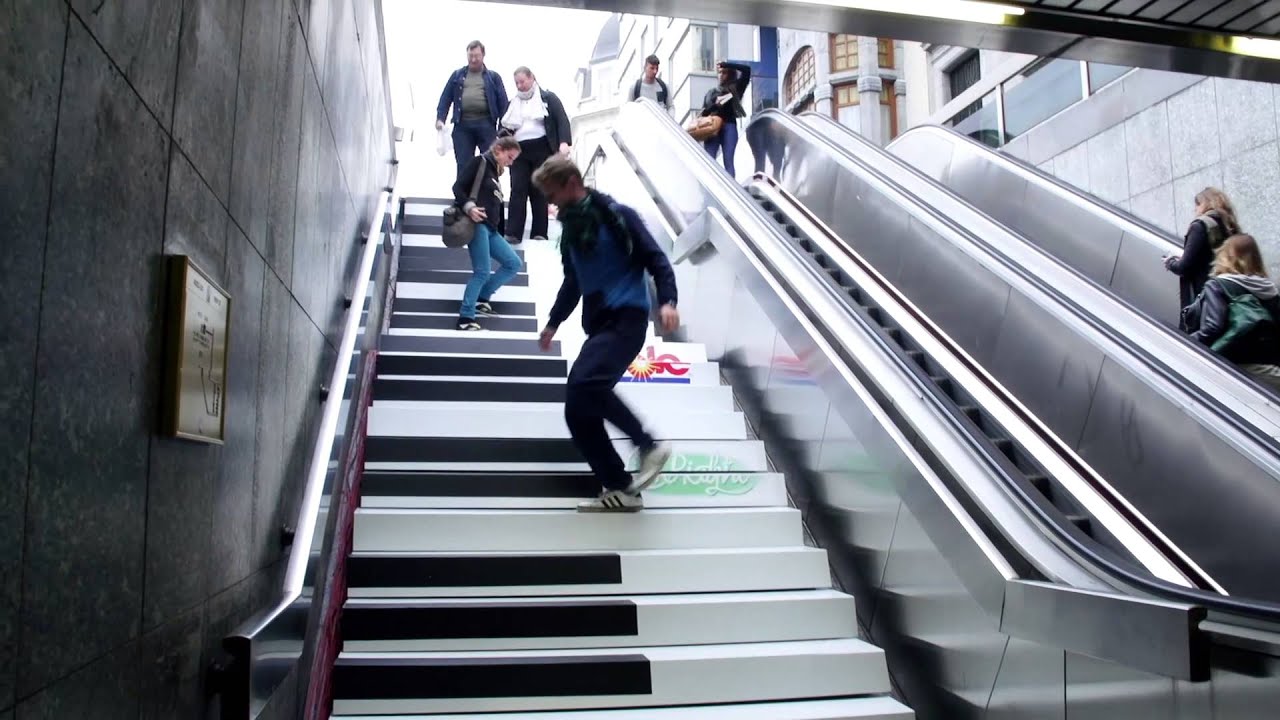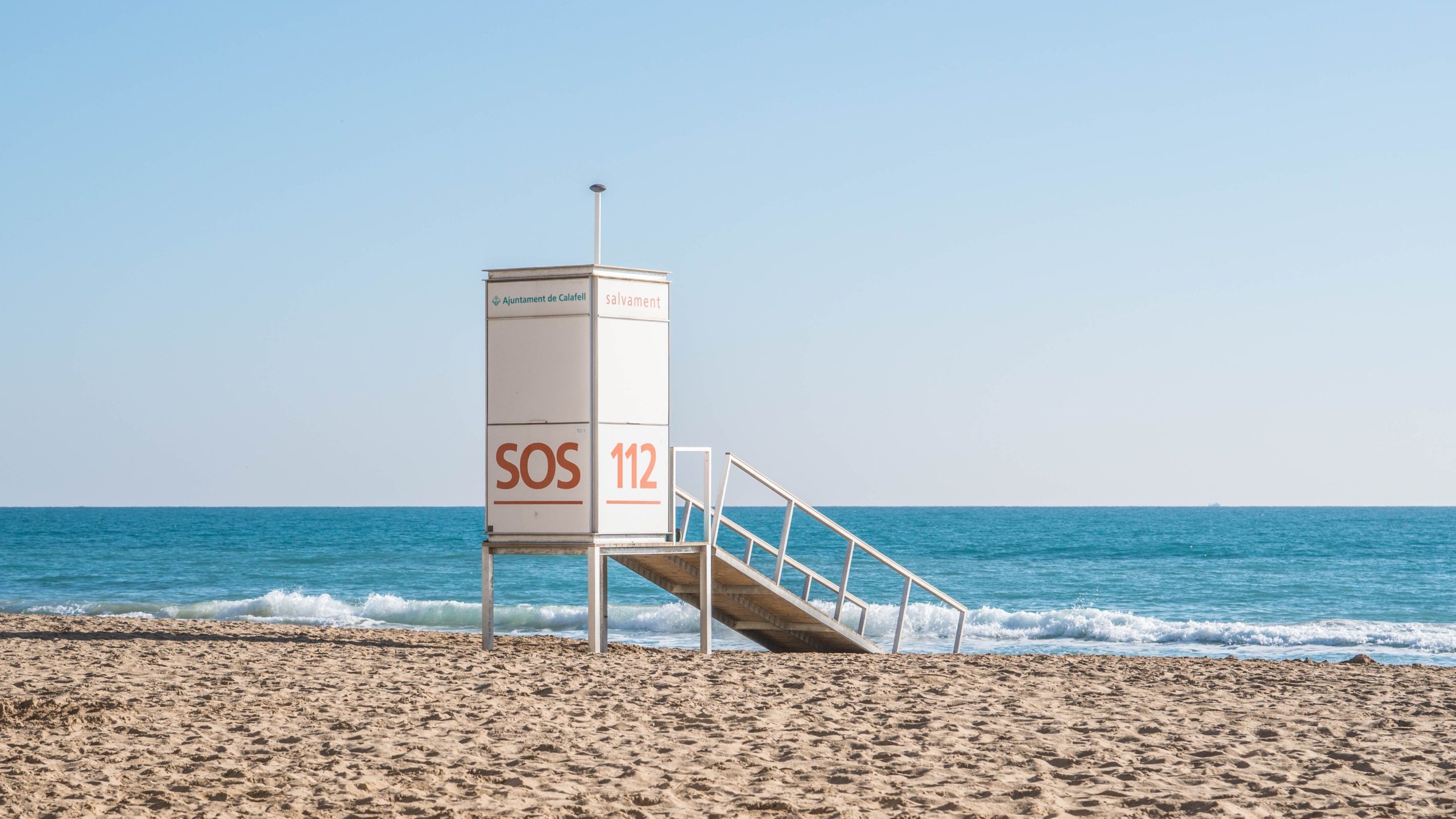When I was applying for internships for the summer of 2022, one of the biggest questions I had was what working full-time as an intern would be like.
Will I make it through eight-hour days? Will I wake up early enough for 9am meetings? Will I still have time for my summer plans? The answer to this is yes, barely, and yes.
I wanted to write this article to give potential design interns some insight into what it’s like being a product-content design intern at a big tech company like Intuit, and give some advice to tackle your fears. In my role, I design words on a screen to make it an enjoyable experience for users. Specifically, as a product-content designer, I take a product, like a feature on an app, and I solve for ways to improve the experience of that product. I work on everything from the messaging, the layout, and the voice and tone of the product.
Project | Is the work hard? It’s challenging but you get a lot of help.
When joining as an intern, I was told by people at Intuit that you are getting paid to learn. The project your team picked for you is meant to fit your previous experiences, but also teach you how to get better at your craft along the way. It’s okay not to know everything and be confused at times. The hardest part about most intern projects is working with ambiguity. It’s not like at school, where you get a syllabus and know exactly what to prepare for.
I had to plan out my milestones for my project, figure out my way through a big design system, and learn a lot of new terms. But the best thing is that you get to ask people for help. Asking questions, setting up one-on-ones, and reaching out to people is how you build your support system along the way. Therefore, don’t be afraid that the work is going to be hard. Just know that you are supposed to step out of your comfort zone and there are people there to help you to do so.
Managers | Is having a manager scary? Only a little bit!
At first, yes, having a manager is hard. But only because you want to impress them and you put pressure on yourself. However, very soon you’ll realize your manager isn’t there just to make sure that your work is on time — they are there to help you. I got very lucky because my manager is awesome. I had two check-ins with him each week and we went over any questions I had, what I’d accomplished since the last time we spoke, and what my next steps were. And every time our meeting was over, I always felt more confident and better prepared to move forward. So, no matter how scary it was to have a manager, mine was there to make you feel better, not worse.
Coworkers | Who do you work with? Literally the most talented, intelligent people ever.
Coming in as a kind of clueless and young 20-year-old in a team full of smart, well-accomplished, experienced, and talented designers was a little hard. Not because I didn’t feel welcome, but because it’s hard sharing your ideas with the smartest people you’ve ever met. Talking with them felt like I was working in a language that I was only half fluent in. I knew enough to get by, but not enough to feel like I belonged in the conversation. But, I swallowed my fear and put myself in the conversation anyways. It’s how I learned what words like “flex,” “go broad,” or “scrappy” meant. And how I developed my design knowledge enough to be confident in sharing my perspective with my team.
You are constantly working with your team so it’s important that you share your thoughts, opinions, and ideas so that you are making an impact on others’ work as well. It’s hard, especially in the beginning, to believe that you are smart enough to be a part of these conversations. But, that’s just imposter syndrome. Imposter syndrome is feeling like you don’t deserve to be where you are. Even the most talented, experienced designers will admit to feeling imposter syndrome some days. Just know that you are a valuable part of the team, even as an intern.
Work-life balance | Can you still have a life during summer? Yes!
Now that we’ve covered work, let’s cover out-of-work hours. You will absolutely have enough time to have a fun summer outside of work. After your 9 to 5, you have that 5 to 9 and the weekends to do whatever you want. Make sure those eight hours of work are being used productively. Give yourself enough time to actually work on your project. You will be stuck in meetings all day long if you aren’t careful. If you don’t start saying no to meetings, you’ll find yourself sitting on Zoom call, nearing the end of your internship, with the realization that you don’t have enough time to finish your project. So, say no to meetings, block off time on your calendar, and keep track of your project progress. This will help you avoid running out of time to work on your project (something that gets very scary when reaching the last few weeks).
Reflection | How was the internship? Absolutely amazing.
You may see a theme in this article — working as an intern at Intuit is very network-based. While all internships are different, from talking to other interns, many internships are more project-centered. I have friends whose whole internship experience is sitting at their desks, working on their projects. And after they turn in the project, there’s not much else that they remember about their time.
Although your project is important at Intuit and you should put your best work into it, it’s equally as important to build connections during your time as an intern. After being at Intuit for almost three months, I learned that the network you build during your internship makes just as much of a lasting impact as the metrics of your project. Not only will connecting with your coworkers and cross-functional partners make your experience 1000x better, but it’ll help shape the early parts of your career in fundamental ways. My interaction with the team was the reason I had an amazing and successful internship experience.
So, before committing to an internship, remember to talk to other interns, do research on the company culture, and connect with the designers to work there — so you know more about who you might want to intern with. It’ll make all the difference.
